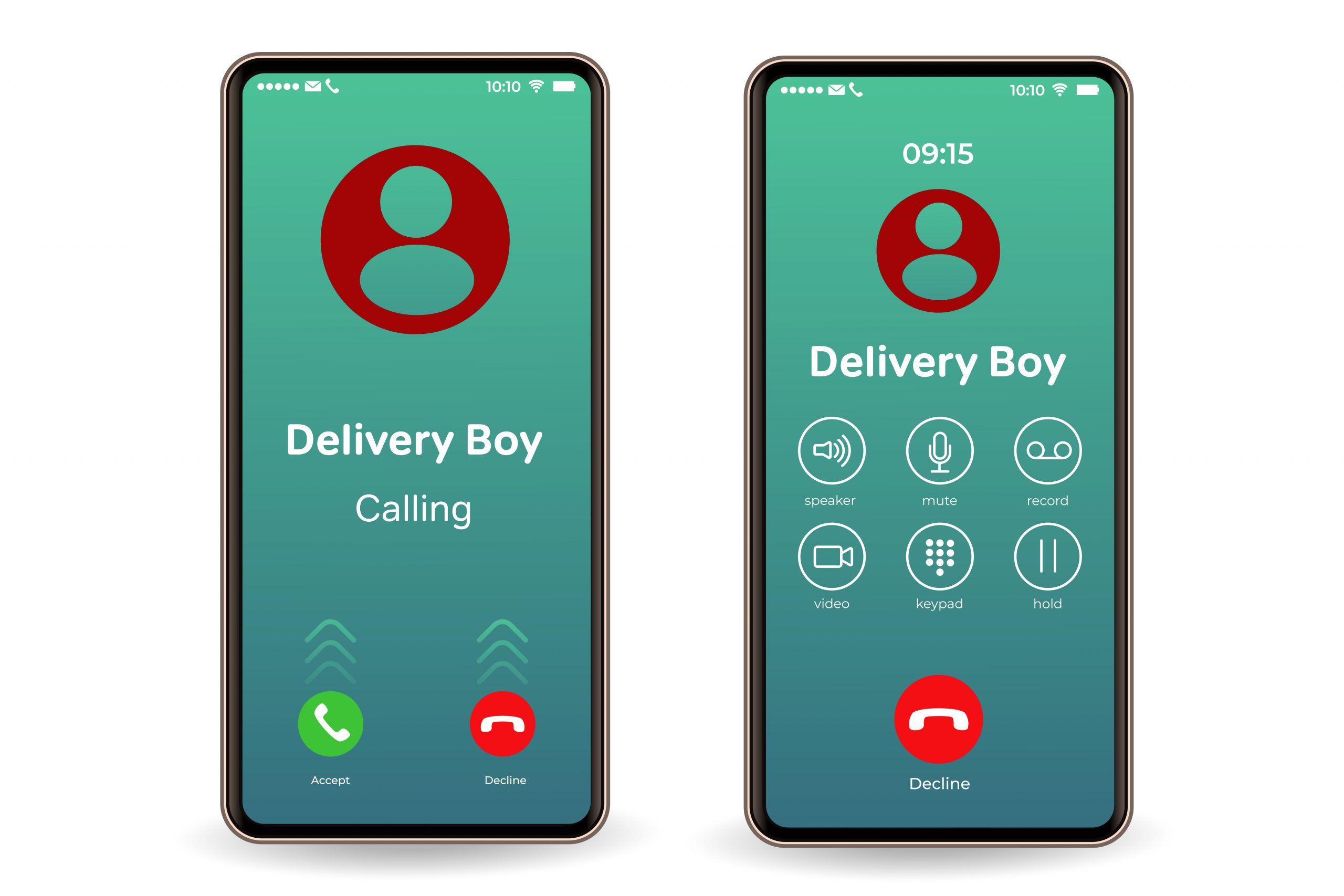Importance of Voice API in E-commerce For Businesses
-
March 13, 2024
-
7 min read

The world is currently in the era of convenience. Beating the fatigue of rush and multitasking technology is continuously making life easier. Voice API is one such success story of technological advancement.
Consumers search everything using voice commands. Be it the weather report or the best smartphones in the market. This shift brings up and catalyses the evolution of voice e-commerce.
The global transactional value of voice-assisted e-commerce will likely reach $19.4 billion by the end of 2023, growing 400% in two years. Clearly, e-businesses must embrace the technology in no time to stay relevant. Here is a breakdown of voice search e-commerce, and how it works, enhances customer experience, and delivers valuable benefits to digital businesses.
A comprehensive look into Voice API and its working
Voice API is a set of protocols that allows applications to interact using voice commands. It is a core component developers use to integrate voice functionalities in applications.
In the e-commerce voice search context, voice API is a flexible technology that enables businesses to provide a richer customer experience. It allows developers to create high-quality voice functionality and embed it in any application or website, letting users interact with the online platform seamlessly. They can also customise voice solutions to meet unique business needs.
Voice API efficiently processes and interprets verbal commands and translates them into instructions for e-commerce platforms. The process takes the following steps.
Speech recognition
The process begins with voice API, splitting an audio input into phonemes. It compares the phonemes with words in multiple languages and transcribes them. It uses advanced machine-learning models to recognise a broad range of languages and accents with enhanced precision.
Natural language processing (NLP)
The next step is to use NLP techniques to reckon the meaning and context behind the words. It allows voice search in e-commerce to comprehend diversely expressed users’ intent and provide relevant results. Voice API establishes this understanding by:
- Parsing the transcribed text
- Identifying primary entities
- Ascertaining relationships between different command elements
Categorisation of command
Once voice API figures out the meaning of the command, it categorises it based on the intent. In e-commerce voice search, the categories range from product search to checking availability and tracking shipments.
Command generation
The next step is to bridge the spoken words into platform functionality. Based on the user’s instruction, the voice API creates a structured command in a platform-understandable form. From an e-commerce standpoint, the commands can be:
- A search query.
- Order form with specific product details.
- Information requests from the platform database, and more.
Feedback and continuous learning
Voice APIs include a feedback loop to help constant learning and performance improvement. The system takes the feedback through user interactions and refines its learning model and algorithms. It enables the API to improve its understanding of the voice commands and evolve its language pattern.
Voice API benefits elevating e-commerce to the next level
Voice-activated interactions are now a part of e-commerce domains that allow users to shop using vocal commands. Online shoppers are also increasingly adopting human-like dialogue to stay relevant. Besides easy, anywhere access, voice search in e-commerce delegates multifaceted benefits, a win-win for both sellers and shoppers.
Hands-free shopping
Users can use voice APIs to add items, adjust the quantity, schedule delivery, and complete transactions without touching their keyboards or screens. This hands-free approach provides unmatched convenience and a frictionless, efficient shopping experience to tech-savvy consumers.
Seamless experience
Online markets have seen a massive surge in e-commerce websites and apps. Result? Fierce competition and more picky consumers than ever. In such times, customer experience takes centre stage to make a difference. Allowing users to search for products, add to the cart, and complete the transaction using vocal commands adds an extra layer of convenience, delivering a seamless, superior experience.
Enhanced customer engagement
Voice APIs change the whole ballgame for customer engagement. Businesses can use voice e-commerce to provide personalised recommendations or voice-guided catalogue navigation to shoppers. Such engagement fosters stronger customer connections and improves brand loyalty and advocacy.
Higher conversion rate
Ease of use and engaging interactions reduce the efforts and steps customers endure to make a purchase. This shorter and more engaging journey drives more leads to completion. Businesses can translate these conversions into higher revenue.
Increased inclusivity
Voice APIs expand the customer base and make it more inclusive than ever. It allows e-businesses to cater to a diverse audience, breaking the barriers of visual impairment and other disabilities that limit typing and navigating.
Multitasking possibilities
Voice search e-commerce fits in perfectly with the lifestyle of modern customers juggling multiple activities. It allows them to shop while walking on a treadmill, watching Netflix, or cooking. It widens the time for businesses to capture buyer’s attention.
Advanced search capabilities
Keyword-based searches are limiting. E-commerce voice search is an advanced capability that allows users to articulate queries in natural language. The system can interpret and respond accurately even to casually framed questions.
Operational efficiency and cost-effectiveness
Voice APIs can automatically handle regular customer queries like order status inquiries. It frees human resources for more productive, innovative, and value-generating tasks. Businesses can optimise operations with a smaller support team, making significant savings.
Improved data security and fraud prevention
E-businesses can use voice APIs to incorporate biometric voice authentication to reduce unauthorised access. The technology enhances the security of customer accounts and transactions and helps e-commerce platforms to gain customers’ trust.
Revolutionising customer support with voice-based e-commerce
Voice-based search has become an ingrained habit in the modern lifestyle. Online retailers can capitalise and blend voice search in e-commerce to deliver exceptional customer experience and support in multiple ways.
Engage more inclusively
Voice APIs allow e-commerce platforms to embrace a broader audience. People with visual impairments or other disabilities who find typing and traditional navigating difficult can also easily shop using vocal commands. Uniform experience for every customer makes them feel valued and fosters a sense of equality.
Provide multilingual support
Businesses can deliver customer support in various languages using voice integration. It empowers customers to ask queries and get answers in their native language. It benefits businesses expanding across multiple regions and catering to a broader customer base.
Seamless integration with existing CRM
Voice API can seamlessly integrate with customer management systems and databases. The integration helps support agents with real-time customer information to improve query resolution efficiency and personalise their responses.
Continuous improvement using analytics
Voice APIs let online retailers record every customer interaction. Analysing voice searches, queries, and feedback gives them valuable insight into customers’ needs and preferences. They can leverage these insights to improve support strategy and service quality.
Stay available 24/7
E-commerce platforms can serve customers 24/7 using voice APIs, shattering the time zones and business hours limitations. They can use automated voice assistance to take customer calls and messages and promptly respond anytime.
Drivers behind the rise of voice e-commerce
With all its benefits and capabilities, voice-based e-commerce is a game changer for virtual marketplaces. The popularity of the technology is gaining traction and setting new trends. Here are some numbers projecting the big picture.
- The number of active voice assistance devices has reached 4.2 billion in 2023.
- 27% of Google app searches are voice-based.
- Monthly voice searches using mobile and voice search devices amount to 1 billion.
But what is driving this drift? The reasons are many. A few popular drivers are:
|
Voice e-commerce: The next market disruptor
The ability to get the required information only by talking to a device shapes a paradigm shift in e-commerce. Voice APIs are like a quality-of-life upgrade for online marketplaces. From improving efficiency, elevating customer experience, and delivering competitive advantage, voice e-commerce delegates numerous business benefits.
Now is the time. E-commerce platforms must join the revolution regardless of their size. Airtel’s programmable voice solutions have driven the success of several businesses navigating the new era of vocal marketing. Be a part of the drive and get on board with Airtel Voice API to position yourself as a futuristic, innovating industry leader.
 Share
Share









